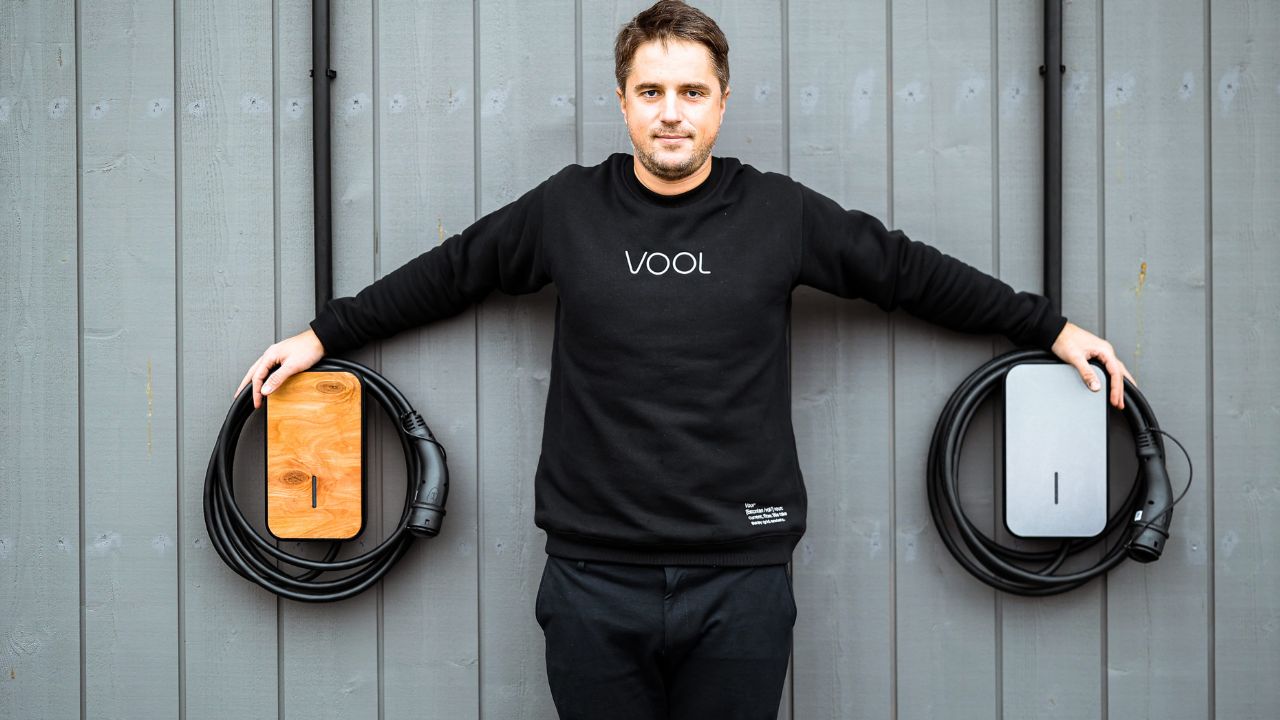Estonian startup VOOL has closed out a €1.7 million seed round to extend manufacturing of its private property EV chargers into additional European markets.
The round brings VOOL's lifetime funding to €4.7 million.
EV charging will be critical to realising the EU's climate objectives. Estimates show Europe requires tens of millions more private charging points by 2030.
Data from McKinsey suggests EU drivers will need 29 million private charging stations to be available by this decade's end, an exponential increase from around 375,000 stations today, spurring a race by private charger vendors to convert new EV owners and property managers.
VOOL claims its private EV chargers are three times more energy efficient than competing technologies. This has been achieved by wiring intelligent software so the chargers utilise all three sections of the power grid, known as "phases" in industry parlance.
Multi-phase charging should give priority access to VOOL's charger allowing it to switch to the most energy efficient grid phase. This could avoid substantial investment in additional electricity distribution capacity undertaken solely to run EVs from private premises.
The startup was founded in 2018 by energy specialists Juhan Härm, Sander Vahtras, and Hindrik Kilter.
Former Estonian president Kersti Kaljulaid is backing this fundraise alongside lead investor Specialist VC, also based in Estonia. The round is completed by angel investors Elar Nellis (ex-Pipedrive,) Taavi Kotka (Estonia's former chief information officer), Justin Jenk and Toomas Kõuhkna, as well as Opus 11 VC and Startup Wise Guys.
It's unusual to see a former European head of state backing startups. Kaljulaid offered her own take on what sets VOOL's chargers apart from the competition.
"I invest in companies that operate in a sector I understand and create real things for which there is a market.
" I do not dare to support solutions that are still trying to find their problem to solve, but there is no such concern with VOOL.
"The problem - how to get the increasing amounts of energy we need from the plug - is certainly real. You just have to offer better solutions than your competitors."
VOOL is a recipient of EU funds via the EIC accelerator programme. It's aiming to reach 20,000 charging stations this year, and Kaljulaid argues the energy performance of its stations will prove the deciding factor.
"We can build power grids to satisfy the increasing demand, but that would be unsustainable. It is better to find a way to best use the already existing main fuse."



Would you like to write the first comment?
Login to post comments